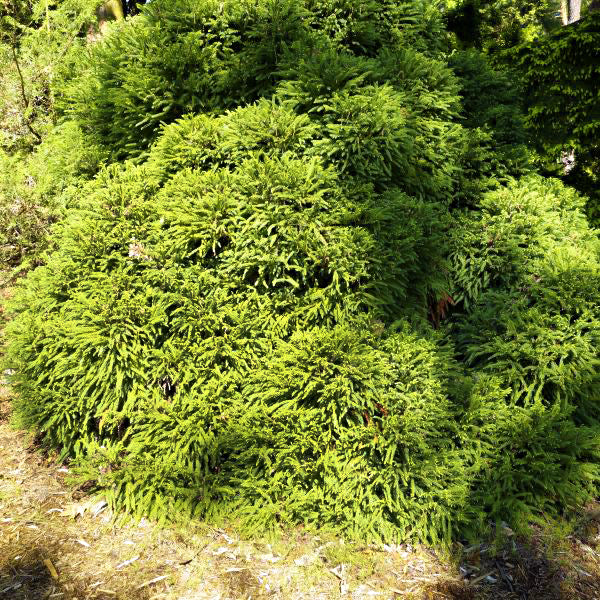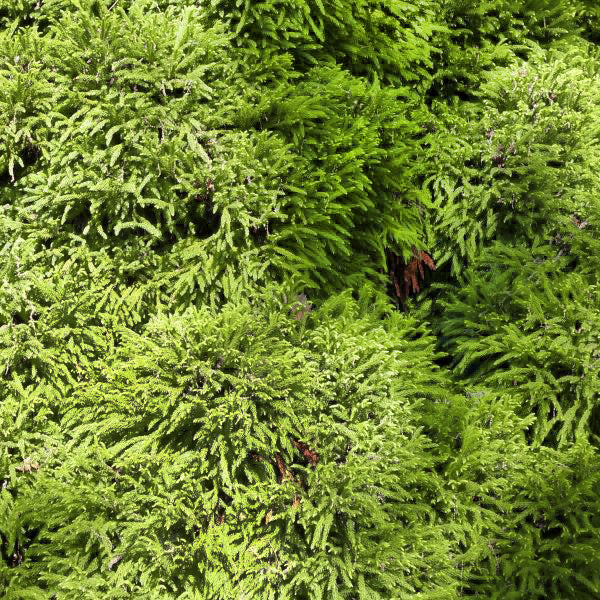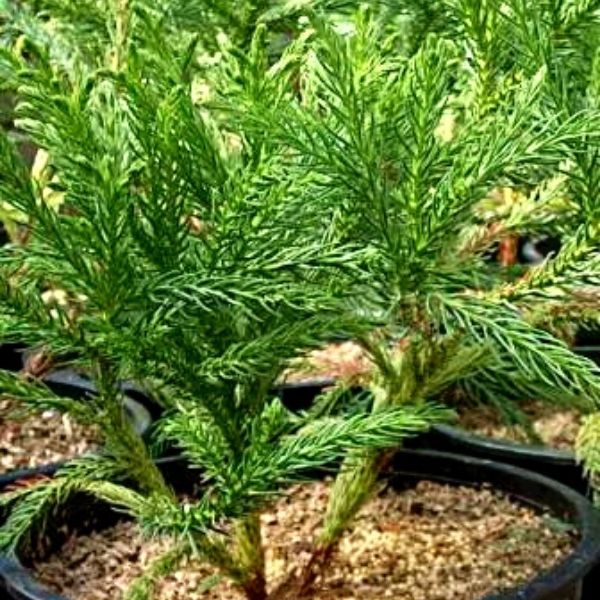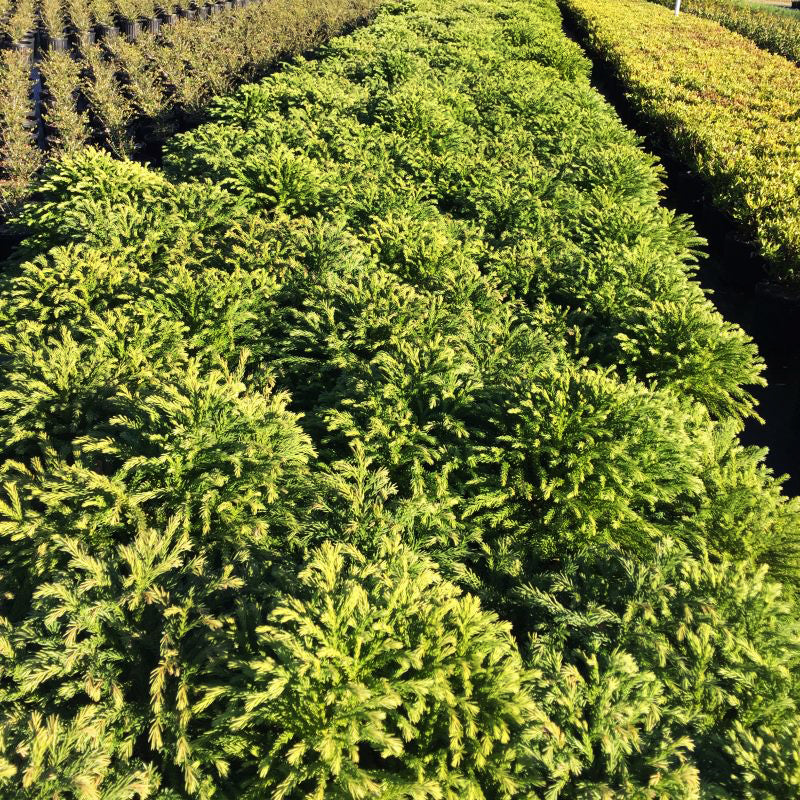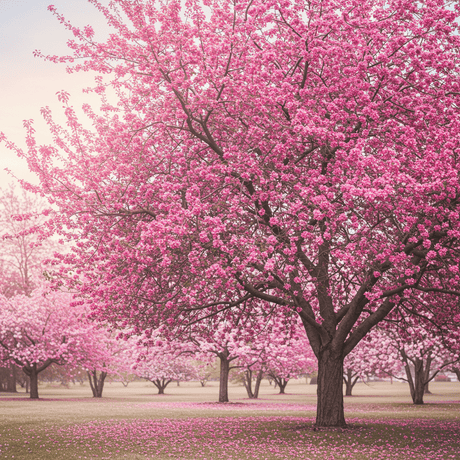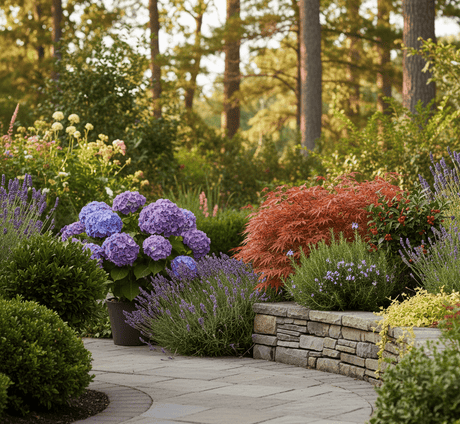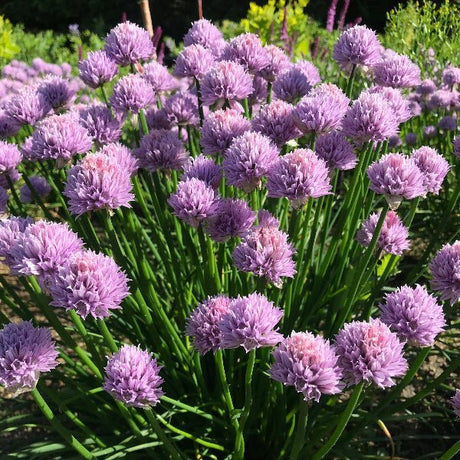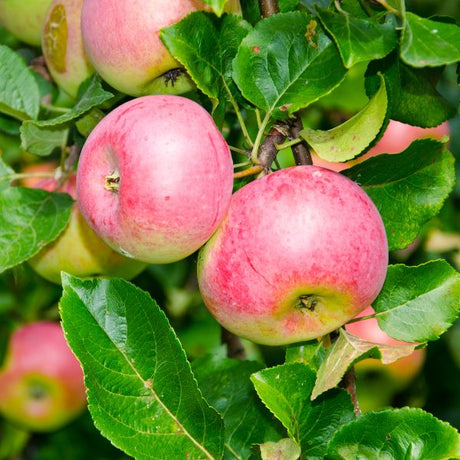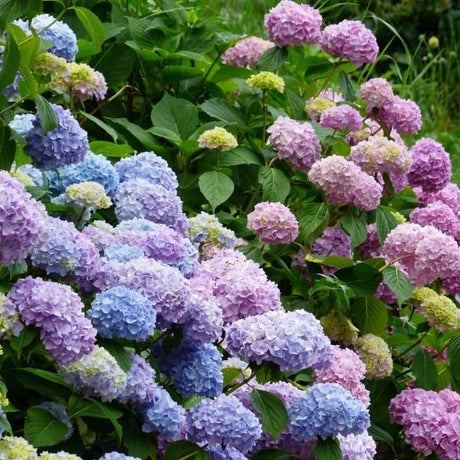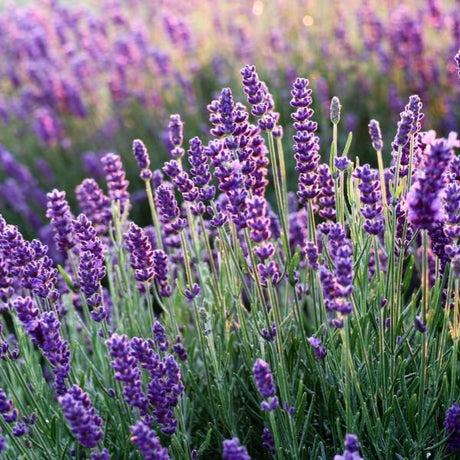Dwarf Japanese Cedar
Cryptomeria japonica 'Globosa Nana'
- Stay Protected with Plant Sentry ™
Dwarf Japanese Cedar - #1 Container is backordered and will ship as soon as it is back in stock.
Plant Sentry™
Plant Sentry™

Plant Sentry™ Protected
Your order is protected by our compliance system that:
- Prevents restricted plants from shipping to your state
- Ensures plants meet your state's agricultural requirements
- Protects gardens from invasive pests and diseases
Delivery and Shipping
Delivery and Shipping
Delivery and Shipping
Fast, Safe Plant Delivery
Ships in 3-4 business days • Tracking provided • Weather protected
| Under $50 | $9.99 |
| $50 - $99.99 | $14.99 |
| $100 - $149.99 | $16.99 |
| $150+ | $24.99 |
✓ Zone-specific timing • ✓ Professional packaging • ✓ Health guarantee
Understanding Plant Options
Nature Hills offers plants in two main formats:
- Container Plants: Grown in pots with soil, sized by container volume and plant age
- Bare Root Plants: Dormant plants without soil, sized by height measurements
Container Plant Sizes
Container sizes indicate plant age and growing capacity rather than liquid volume equivalents. Our containers follow industry-standard nursery "trade gallon" specifications, which differ from standard liquid gallon measurements.
Young Plants (6 months to 18 months old)
| Container Size | Actual Volume | Metric Equivalent |
|---|---|---|
| 2" x 2" x 3" | 0.18 - 0.21 dry quarts | 0.20 - 0.23 dry liters |
| 4" Container | 0.31 - 0.87 dry quarts | 0.35 - 0.96 dry liters |
| 4.5" Container | 0.65 dry quarts | 0.72 dry liters |
| 6" Container | 1.4 dry quarts | 1.59 dry liters |
| 1 Quart | 1 dry quart | 1.1 dry liters |
| 5.5" Container | 1.89 dry quarts | 2.08 dry liters |
Established Plants (18 months to 2.5 years old)
| Container Size | Actual Volume | Metric Equivalent |
|---|---|---|
| 2 Quart | 2 dry quarts | 2.2 dry liters |
| #1 Container | 2.26 - 3.73 dry quarts | 2.49 - 4.11 dry liters |
| 5" x 5" x 12" | 3.5 - 4.3 dry quarts | 3.85 - 4.74 dry liters |
Mature Plants (2-4 years old)
| Container Size | Actual Volume | Metric Equivalent |
|---|---|---|
| #2 Container | 1.19 - 1.76 dry gallons | 5.24 - 7.75 dry liters |
| #3 Container | 2.15 - 2.76 dry gallons | 8.14 - 12.16 dry liters |
Large Plants (3-5 years old)
| Container Size | Actual Volume | Metric Equivalent |
|---|---|---|
| #5 Container | 2.92 - 4.62 dry gallons | 12.86 - 20.35 dry liters |
| #6 Container | 5.25 - 6.01 dry gallons | 23.12 - 26.42 dry liters |
| #7 Container | 5.98 - 6.53 dry gallons | 26.34 - 28.76 dry liters |
Bare Root Plants
Bare root plants are sold by height from the root system to the top of the plant. Plants may exceed minimum height requirements.
Common Sizes:
- Trees: 1 foot, 2 feet, 3 feet, 4 feet, 5 feet, 6 feet
- Shrubs & Perennials: 1 foot, 18 inches, 2 feet
Important Notes
Container Volume Specifications
- Trade Gallon Standard: Our containers follow industry-standard "trade gallon" specifications established by the American National Standards Institute (ANSI Z60.1) for nursery stock
- Volume Variations: Actual soil volume may vary due to plant root systems and growing medium settlement
- Age Indicators: Container size primarily indicates plant age and maturity rather than liquid volume equivalents
Growing Conditions
- Plant size can vary based on variety and growing conditions
- Container size helps indicate plant maturity and establishment level
- Larger containers generally mean more established root systems and faster landscape establishment
Seasonal Availability
- Bare root plants are available seasonally when dormant
- Container plants are available throughout the growing season
- Specific varieties may have limited availability in certain sizes
Questions?
For questions about specific plant sizes or availability, please contact our plant experts who can help you choose the right size for your landscape needs.
Plant Highlights
Dwarf Japanese Cedar highlights at a glance!
-
Botanical Name
-
Brand
-
Growing Zones5, 6, 7, 8, 9
-
Growth RateSlow
-
Mature Height
-
Mature Width
-
Leaf Color
-
Fall Color
-
Bloom PeriodLate Spring
Characteristics
Where To Plant
When To Prune
- Early Spring
Water & Moisture Needs
- Moderate
Sunlight Needs
Soil Needs
- Well-Drained
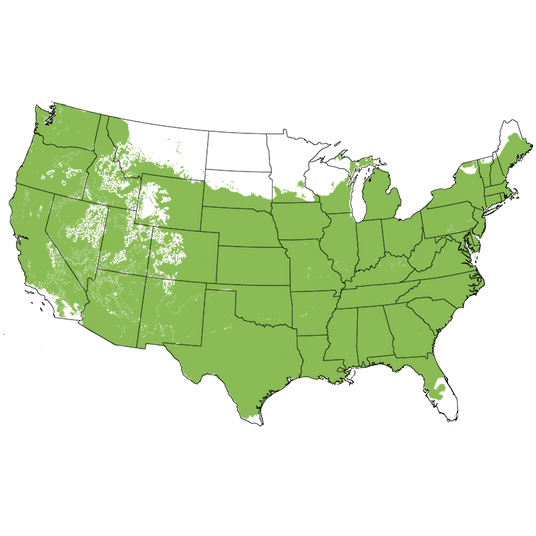
Growing Zones 5-9
A hardy evergreen with year-round interest, the Dwarf Japanese Cedar (Cryptomeria japonica 'Globosa Nana') is one of those delightful shrubs that just begs to be touched!
This Dwarf form of Japanese Cedar is a low-growing variety of Cryptomeria. Bright to dark green foliage adorns this evergreen shrub year-round, taking on a spicy, bronze tint for autumn. The needle-like sprays seem to reach out and over, presenting the appearance of movement in your landscape.
Dwarf Japanese Cedar's dense foliage creates a tight mound that manages itself quite well. You won't be able to walk by it without extending your hand for a gentle stroke over its soft foliage. Diminutive, 3/4-inch cones appear like tiny decorations on your Cedar, their reddish-brown coloring a gentle contrast against the evergreen foliage.
Landscape Application:
Regardless of the name, this specimen is actually in the Cypress family, and full-size varieties can reach up to 60 feet tall. This dwarf version of Cryptomeria is a terrific opportunity to have one of these delightful shrubs in your yard without the need for extensive space.
These mid-sized round shrubs would look terrific on either side of your entry or provide a lovely hedge along your sidewalk. Plant a few as your foundation hedge, go big and create property division and privacy, or screen out an eyesore.
Even large planters can accommodate these smaller shrubby Cryptomeria, and you can shear or prune yours smaller to tuck into container gardens, balcony planters, and around porches and patios. Dress them up or down as you’d like to suit your theme!
- Bright Green Foliage Ages Dark Green
- Round Upright Oval Form
- Bronzy Fall & Winter Color
- Dwarf Form Accented By Red-Brown Cones
- Hedges, Foundations, Large Planters & Specimens
#ProPlantTips for Care:
Growing best in full sun and partial shade, plant these smaller shrubs in well-drained soil locations with moderate moisture access, especially during drought. Provide a 3-4 inch deep layer of mulch around the root system. Amenable to pruning if you decide to alter its shape and size in the late winter, or allow this dwarf Cedar to grow into its full, fluffy self. Japanese Cedar can be long-lived, growing for 30 years or more in optimal conditions.
- Full Sun & Partial Shade
- Well-Drained Soil
- Moderate Moisture
- Prune If Needed In Late Winter
- Disease & Pest Resistant
The Dwarf Japanese Cedar is the petite version of your favorite Japanese Cedar, packing all the color and beauty into a compact size. Order now at NatureHills.com!

